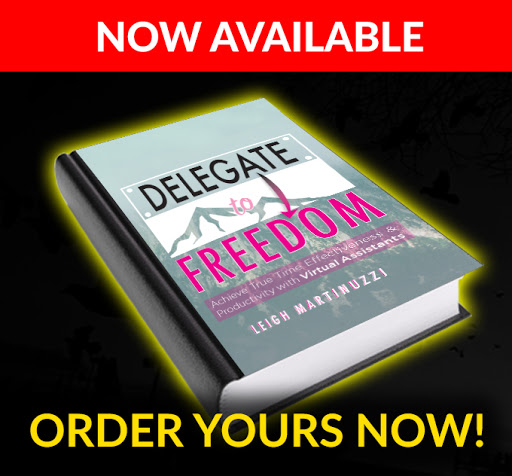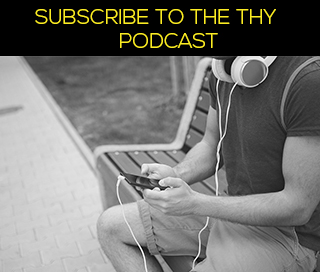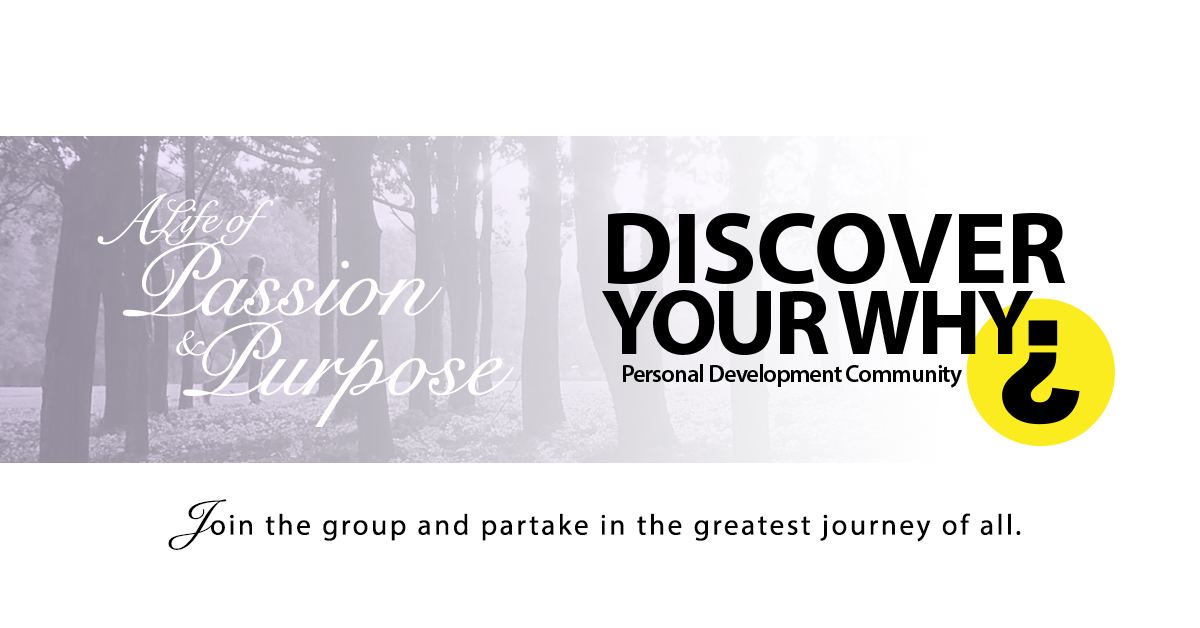
The Willpower Instinct
Written by Leigh Martinuzzi
Dr Kelly McGonigal is a health psychologist and lecturer at Stanford University who, using neuroscience and psychology, is dedicated to delivering practical tips and strategies to help improve the well-being of others. After the popularity of one of her courses, ‘The Science of Willpower’ McGonigal decided to write this book to elaborate and explain her work further.
In reading The Willpower Instinct I believe McGonigal successful answers the following questions: What is willpower? How does it work? Why does it matter? And, what we can do about enhancing our personal self-control?
Backed by new science McGonigal highlights to the reader why willpower matters and in understanding may we be better able to improve our own willpower. According to McGonigal, the benefits include greater productivity, health and happiness. And although I am no master in any of these areas each of these elements are significant to me as I am sure they are to you.
Having recently read and reviewed Benjamin Hardy’s book, ‘Willpower Doesn’t Work’, Hardy clearly outlines that while many of us think we rely on willpower to create positive change in our lives the assumption is wrong. Further stating that willpower is a fad and it will more likely lead to failure than success in whatever we wish to move towards.
There are some great thoughts, ideas and strategies to be had from Hardy’s work. Perhaps more prevalent is the notion that it is our environment that plays the most critical part in creating positive change, or negative change. If therefore we don’t have control over our environment, despite an effort to exert willpower, the environment will always win out. Hardy made a solid case for this which makes a great deal of sense.
However, I was torn. What is willpower? Does it actually exist? And if so, how does it work? I stumbled upon McGonigal’s book and curiosity got me in.
McGonigal defines willpower as “the ability to do what matters most, even when other conflicting goals and opportunities arise.”
After reading her work I agree still with Hardy that the environment we operate in does matter. I also feel that to control our environment with intent to better achieve our goals and hide away distraction that may temp our urges will require some level of self-control or willpower. Furthermore, there will be times in which we have no control over our environment, what do we do then? This is why a little bit of self-control may come in handy
McGonigal starts her work off with the biology of the human brain and how the older more primal part of our brain, the animal brain, and the newer modern part of the brain, responsible for willpower, coexist, sometimes collaboratively yet more often in conflict
She describes three aspects of the willpower brain. One part says, “I will,” another says, “I won’t” and then the instigating part telling us “I want.
There are primal evolutionary instincts motivating most of what we human being want – or more so need. There are basic human needs, food, shelter and water, and the more advanced, status, safety and love. There are also elements of our environment that influence our desires and many novel modern-day stimulants that bring the “I want” to the forefront of thought. These are less to do with primal instincts and more to do with the new brain.
And here arises the conflict.
There are many things we want in life. The trouble is that sometimes despite what we know to be good or not so good for the attainment of reaching the goals, we still act against our will.
“I will” is the ability to do something regardless of the challenge or adversity that may present itself. “I won’t” is the ability not to do something despite the biological or psychological urges that are telling us we should do something. Willpower enhancement is aimed to increase our ability within each of these elements. To become better at saying “I will” and “I won’t” when it matters and so we can live more happily the kind of life we truly desire.
There are many ideas explained in The Willpower Instinct to help us achieve this and it starts with awareness. Improving our awareness through calming activities such as medication can help bring what we desire to achieve in life to the top of thought.
The more aware and thoughtful we are of our goals, the more aware we are of what we should move towards and what we should avoid. This level of consciousness will aid as in increasing our willpower and therefore making better life decisions.
If we are not focused and attentive to what we truly desire, what then do we desire to control? We become more a creature of habit, guided by our natural tendencies and pleasurable activities. We find it harder to say yes or no in times of need
McGonigal talks a large amount about why health is important in the enhancement of our willpower. Highlighting the science behind sleep, diet and exercise and their influence over willpower. A healthy mind and body are firstly more able to become aware and better able to interpret our biological and psychological urges. And, with better health, our biology and mental clarity will be in better shape, which results in a more balanced level of desires and cravings.
McGonigal also points out how and why progress, achievement and rewards affect our willpower. For example, in progress or when we achieve something that we want we will often take our foot off the pedal and go a little easier on ourselves. I can attest to that. In these moments we lower our guard and as consequence let ourselves do things or not do things we otherwise wouldn’t. Again, awareness plays an important role here
McGonigal outlines many other thoughts and practices throughout this book to help us improve our willpower. We can have greater self-control. I have experienced over the last several years. Times when I felt hopeless, like a failure. Kicking myself after I continually do stuff I truly don’t want to do. Yes, I’ve noticed a better level of self-control in my life, although far from perfect and a great part of this is thanks to a higher level of self-awareness.
This is a well-rounded book providing life-changing perspectives and tools to help you achieve goals that matter in life.
If this book sounds of interest you can purchase The Willpower Instinct here.
Please leave your thoughts, comments & questions below.
Peace, passion and purpose…
Other books that you may enjoy.
. .
Further Reading and Resources
TED Talks: Ideas worth spreading
Elite Daily: The Voice of Generation Y
Four Hour Work Week: How to escape the 9-5, live anywhere and join the new rich.
The Minimalists: How to pursue a minimalist lifestyle and be happier.
Mind Hacks: Tips and Tricks for Using Your Brain
Rich Roll: Plantpowered Wellness Advocate
The Art of Charm: Build confidence, feel comfortable and networking differently.
The Art of Manliness: Encouraging men to be better husbands, fathers, brothers, citizens.
Tiny Buddha: Simple wisdom for complex lives.
Mind Body Green: Lifestyle media brand dedicated to inspiring you to live your best life.
Zen Habits: Find simplicity and mindfulness in life.
Creative NonFiction: “true stories well told.”
Barking Up the Wrong Tree: science-based answers and expert insight on how to be awesome at life.
The Positivity Blog: Practical articles on happiness, self-esteem, productivity and social skills.
FIND YOUR HIDDEN WHY with THE HIDDEN WHY (THW)
BUILD YOUR LIFE AROUND YOUR PASSION AND LIVE WITH PURPOSE
Sign up for free below and receive cool stuff from me each week + Plus a free copy of “The Four Pillars of Success”
In my weekly emails you will receive ideas, thoughts, learning’s and inspiration on:
- How to design a life that you want and live by your terms
- How to live a life with passion & purpose
- Methods, strategies, & techniques on life hacks
- Messages on how to better live your life
- We will also keep you up to date with fantastic interviews from THW podcast













Leave a Reply